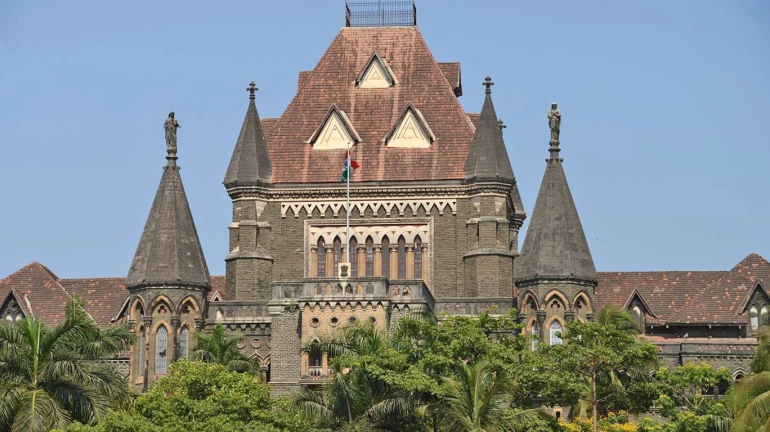
The Bombay High Court (HC) has received a public interest litigation (PIL) filed by the Earth NGO, seeking to shut down Ready Mixed Concrete (RMC) plants in residential areas, citing air pollution and health risks. It highlights rising pollution in the Govandi, Deonar, and Chembur areas.
The NGO’s PIL says that people have a fundamental right to breathe clean air. It claims that pollution from these RMC plants is harming the health of thousands of residents. The PIL asks the court to prevent three companies from running RMC plants in residential zones.
The companies are JSW Green Cement Pvt Ltd, Shri Lalit Nagpal Ready Mixed Concrete Plant, and Dev Infra.
The PIL points out that some RMC plants are within 100 meters of living areas and 200 meters of hospitals. This placement is against Maharashtra Pollution Control Board (MPCB) regulations. Guidelines for RMC plants were issued by the MPCB on November 7, 2016.
A survey by GRACP found that nearly every participant reported health issues such as headaches, nausea, asthma, coughing, and shortness of breath. The PIL argues that the health issues must be addressed. It asks the court to order the permanent closure of RMC plants operating unlawfully in residential areas.
The PIL also requests an injunction to stop RMC operations in such areas. The Earth NGO first filed a case on the matter. But the High Court advised the NGO to revise the case as a PIL, given the broad public interest.
The NGO also reached out to residents, who supported the legal action. Locals affected by the pollution started the Govandi Residents Action Committee Against Pollution (GRACP).
Earlier in June 2022, residents of a cooperative housing society (CHS) lodged a formal complaint with the MPCB. They reported severe pollution and dust caused by an RMC plant. An MPCB officer inspected the site a week later and noted several violations.
The plant allegedly continued to operate unlawfully even after a closure order. This led to further complaints by the residents. A follow-up inspection in November 2022 found more non-compliance.
In January 2023, residents staged a hunger strike, protesting the pollution and the lack of enforcement. During a temporary shutdown of an RMC plant, the air quality index (AQI) showed improvement.





